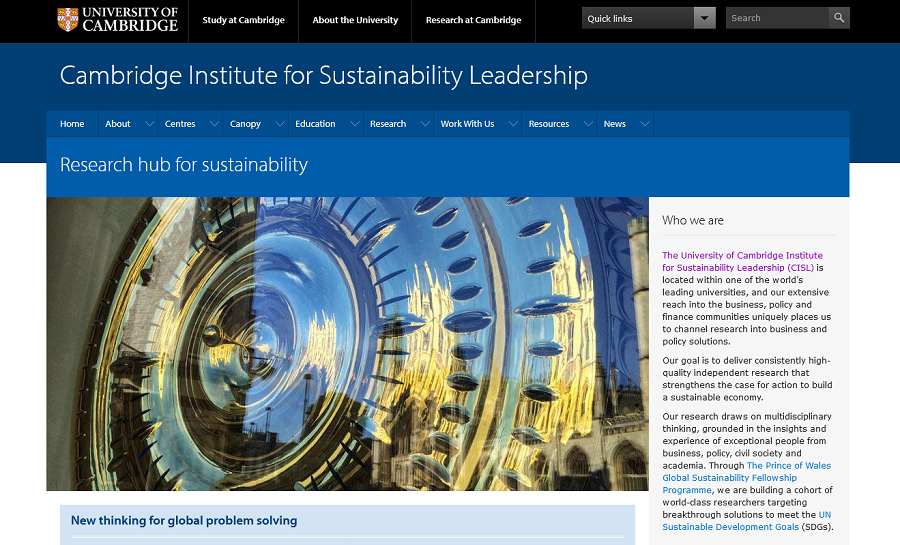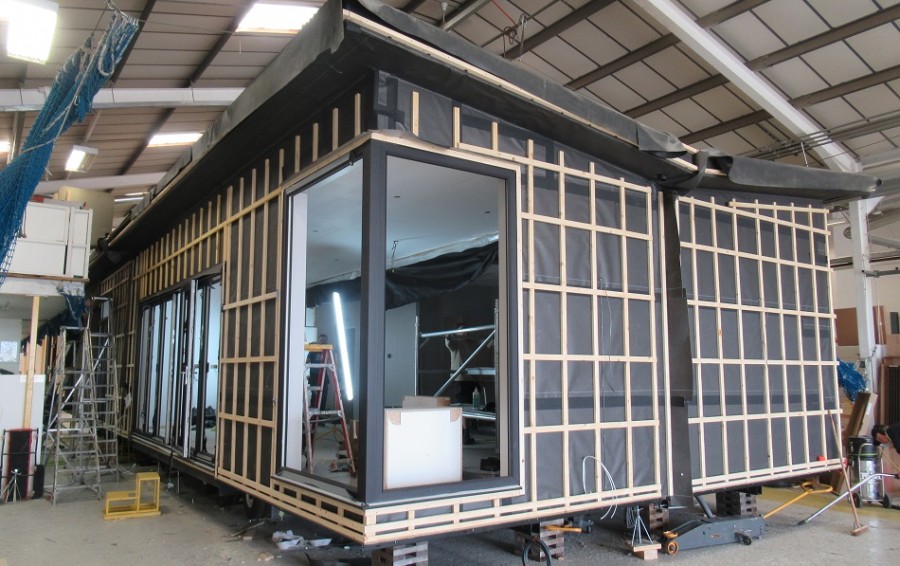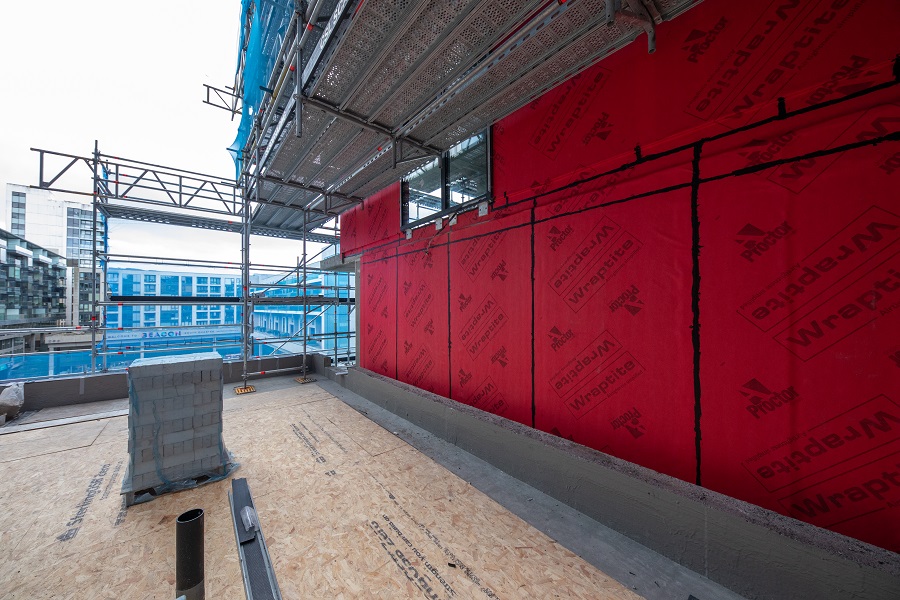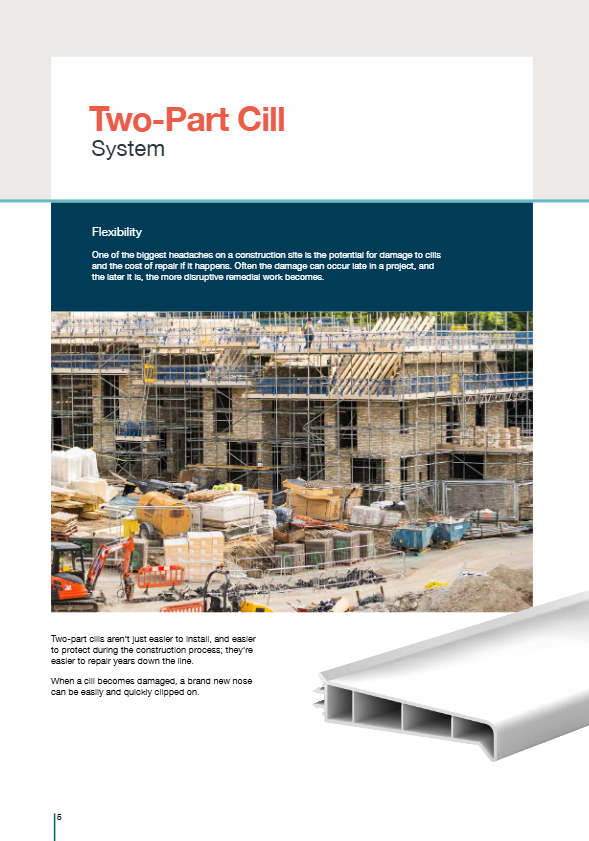A policy briefing by the Cambridge Institute for Sustainability Leadership (CISL) examines how UK markets can better drive decarbonisation in foundation industries such as steel, cement and glass.
The briefing summarises the results of a 12-month research project (the full results of which are available in a longer technical report and three sectoral deep dive documents). The main objective of the project was to explore how creating market demand for low-carbon innovative products and materials would reduce emissions in carbon-intensive sectors.
Foundation industries, which are vital for the UK’s manufacturing and construction sectors, are worth around £52 billion to the economy and account for nearly 15 per cent of annual CO2 emissions, according to Innovate UK.
However, decarbonisation of foundation industries is no easy task. The briefing identifies key decarbonisation pathways and some of the greatest obstacles to them, such as the high cost of low-carbon technologies, a lack of standardised data collection on embodied carbon emissions, and a lack of familiarity with new materials.

The most complicated of the cross-cutting challenges, the supply–demand catch-22, refers to a situation whereby an upstream company does not have a large enough market demand to upscale the production of low carbon materials or the technologies to produce them, and downstream companies cannot risk investing in alternative technologies before they have a stable supply of upstream low carbon materials or products.
Beverley Cornaby, Director, Policy and Systems Change Collaborations, University of Cambridge Institute for Sustainability Leadership, said: “The UK must step up to the example set by the EU and US by establishing a strong policy framework to support industrial decarbonisation. Policies to date have been insufficient to drive deep decarbonisation in key heavy industries, such as iron and steel, cement, glass, and basic chemicals, which require long-term investment and new technologies. This report sets out clear policy recommendations for the government to enable demand-led innovation and create an attractive and competitive market for green investment.”
At present, UK market demand for less carbon intensive materials and products, such as low carbon cement, sustainably mined raw materials or carbon capture and storage technology, is not high enough to incentivise investment in them.
Other large economies like the EU and the US offer more support, through policy frameworks like the Green Deal Industrial Plan (GDIP) and the Inflation Reduction Act (IRA) respectively. But the UK is lagging behind its major competitors, risking a mass exodus of companies to these countries as a result.
CISL’s policy briefing lays out its proposed decarbonisation pathways - electrification, circular economy solutions, novel technologies and innovative products, processes and practices, and recommends three policy actions the UK government should undertake.
- Designing and implementing policies to create demand for low-carbon products and materials.
- Designing and implementing policies that support contextual conditions to encourage innovation or support the scaling up of demand for innovative technologies and approaches by businesses across the foundation industry value chains.
- Establishing international collaboration to accelerate demand for low-carbon materials and products globally.
‘Demand-led innovation’ (DLI) is vital if the UK is to see significant emissions reductions in core materials industries, states the briefing. DLI is innovation that is incentivised by a gap in the market for a product or service that consumers want - and for which they would be willing to pay.
In this case, many of the technologies, and innovative products, processes and practices needed to decarbonise foundation industries are not yet available at commercial scale, are at very early stages of the piloting process, or have yet to be invented.
Along with government action, the research highlights the role that non-governmental organisations, academic institutions, and the private sector can play in industrial decarbonisation by bringing companies together to accelerate demand, facilitating dialogue and information sharing.




















